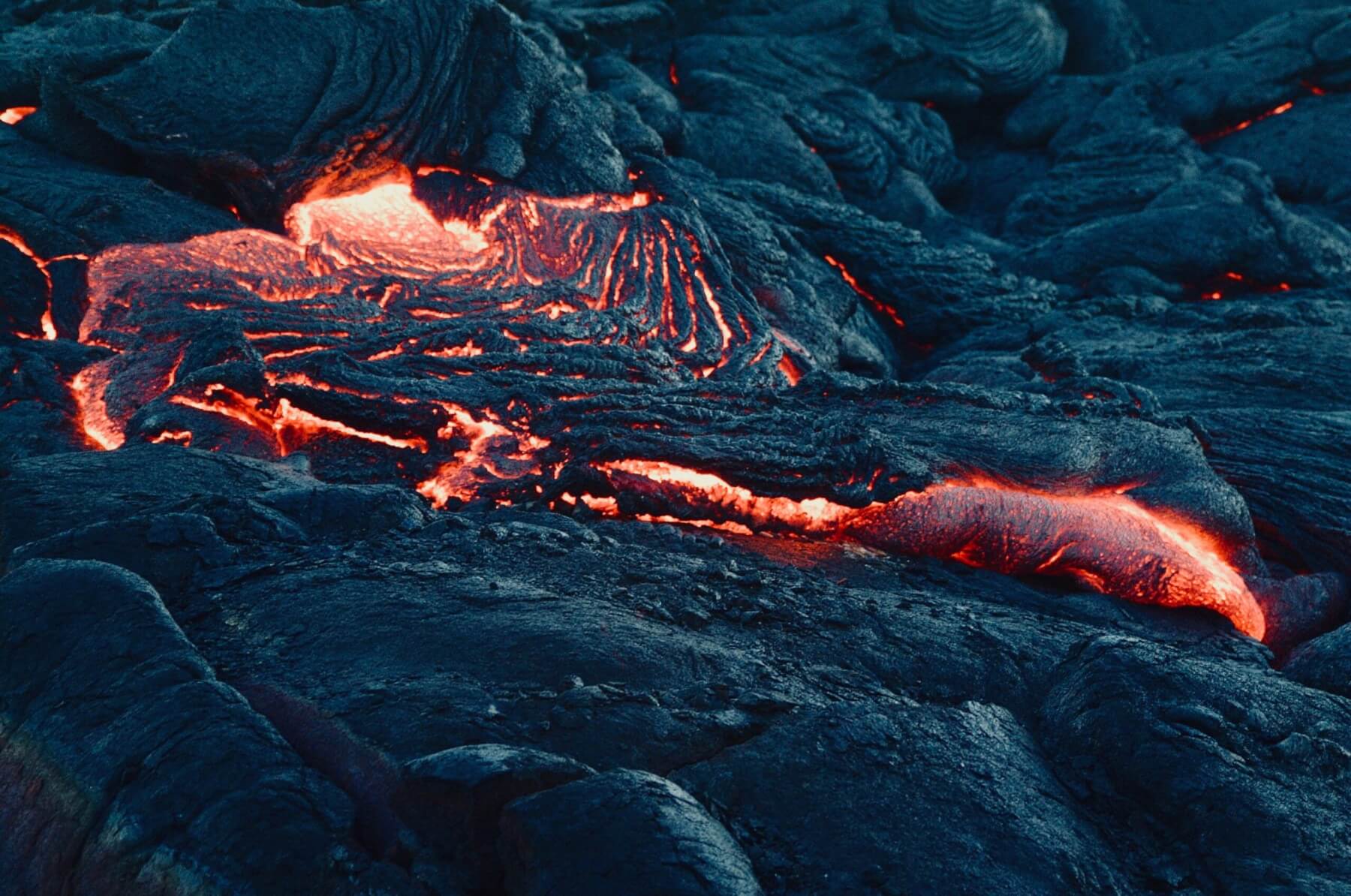
Photo by Brent Keane.

Janine Krippner
New Zealand has experienced many more eruptions in our relatively recent history than most of us remember.
Many may have memories of the Ruapehu 1995 and 1996 eruptions, some may remember the many eruptions of Ngāuruhoe, and we are currently watching the Whakaari eruption being discussed in our courts and on the news. Small events like the 2012 Te Maari eruption and the 2007 Ruapehu lahars add to our list of activity, and we have also had periods of unrest – activity within the volcanic system that never makes it above the surface, at volcanoes like Ruapehu and Taupō. Our volcanic systems also include Taranaki, the Okataina Volcanic Centre (Tarawera produced a large and damaging eruption in 1886), Raoul Island offshore, and the Auckland Volcanic Field under our largest city.
When one of these volcanoes start to show signs of activity, picked up by our volcano monitoring systems that I discussed last week, people have a lot of questions. Will it erupt? When will it erupt? What would an eruption at that volcano look like? What are the potential dangers? What people, things, places, animals, critical infrastructure and transportation will it impact and where? How long will the eruption last? And many more.
When the eruption does start people are hungry for information – our decision makers, response agencies, and community members alike. It is the role of volcanologists alongside emergency managers to answer these questions, in collaboration with other experts like social scientists. We don’t have a lot of eruptions that have impacted society here in Aotearoa to look to, so we add the experiences at overseas volcanoes and combine that with our local knowledge, creating scenarios (examples of what might happen to see where our strengths and weaknesses are), and computer models to make sure we are as prepared as we can be.
Several New Zealand universities are in a process of potentially cutting volcanologists from their departments, showing just how little our country as a whole understands how critical volcano research is. During any crisis or disaster we look to our experts to answer our questions, and we rightfully expect that they have the correct high-quality information and experience to help us. Around the world volcanology is generally underfunded, with volcano agencies working hard to figure out our complex volcanic areas so that we can best help our communities not only with practical advice, but also to understand what is going on to reduce unnecessary stress. Life is hard enough, you don’t deserve to be anxious over misinformation or misunderstanding how our Earth works. We may face potentially very high impact eruptions and we work to balance helping people be informed without being alarmist. We are also community members ourselves, we will be right there with you wanting to have all the answers ASAP. There is so much more work to do on so many complex aspects of volcanoes and eruptions. What’s the point? The point is all of us. No matter where we live, we can be impacted by eruptions in some way, even if it’s through our economy. Along with other Kiwi volcanologists, I want to help. We live in a very active country where it is a matter of when, not if, we will experience another eruption.








